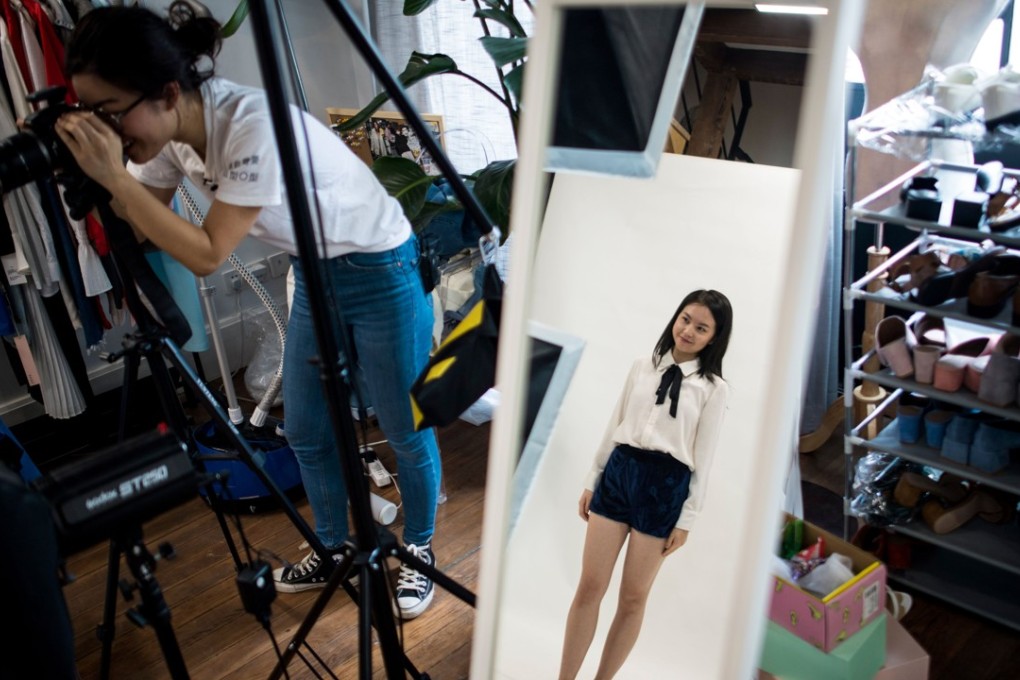Taiwan seed accelerator: Taiwan start-ups’ future is in mainland China
Taiwan Accelerator says the mainland must be the ultimate consumer market for start-ups

New start-ups from Taiwan, where the entrepreneurial environment is lacklustre, should shift their focus to mainland China where there are abundant opportunities and capital, according to an industry veteran who recently started investing in start-ups.
“There is a [longstanding] culture that works against Taiwanese entrepreneurs as the government and people have the tendency to want to build up huge enterprises to fend off external competition ,” Richard Kang, a partner at Taiwan Accelerator, which claimed to be the only seed accelerator in Taiwan, told the South China Morning Post.
“So for people who grew up in Taiwan, they tend to work in the government, or HTC and Taiwan Semiconductor.”
Kang said he rarely heard of any successful start-up stories in Taiwan, where there has been a severe lack of mentors and investors in the past few years.
On the contrary, there was energy and drive in the mainland market, despite the stiff competition among start-ups to be the next industry leader, he said.